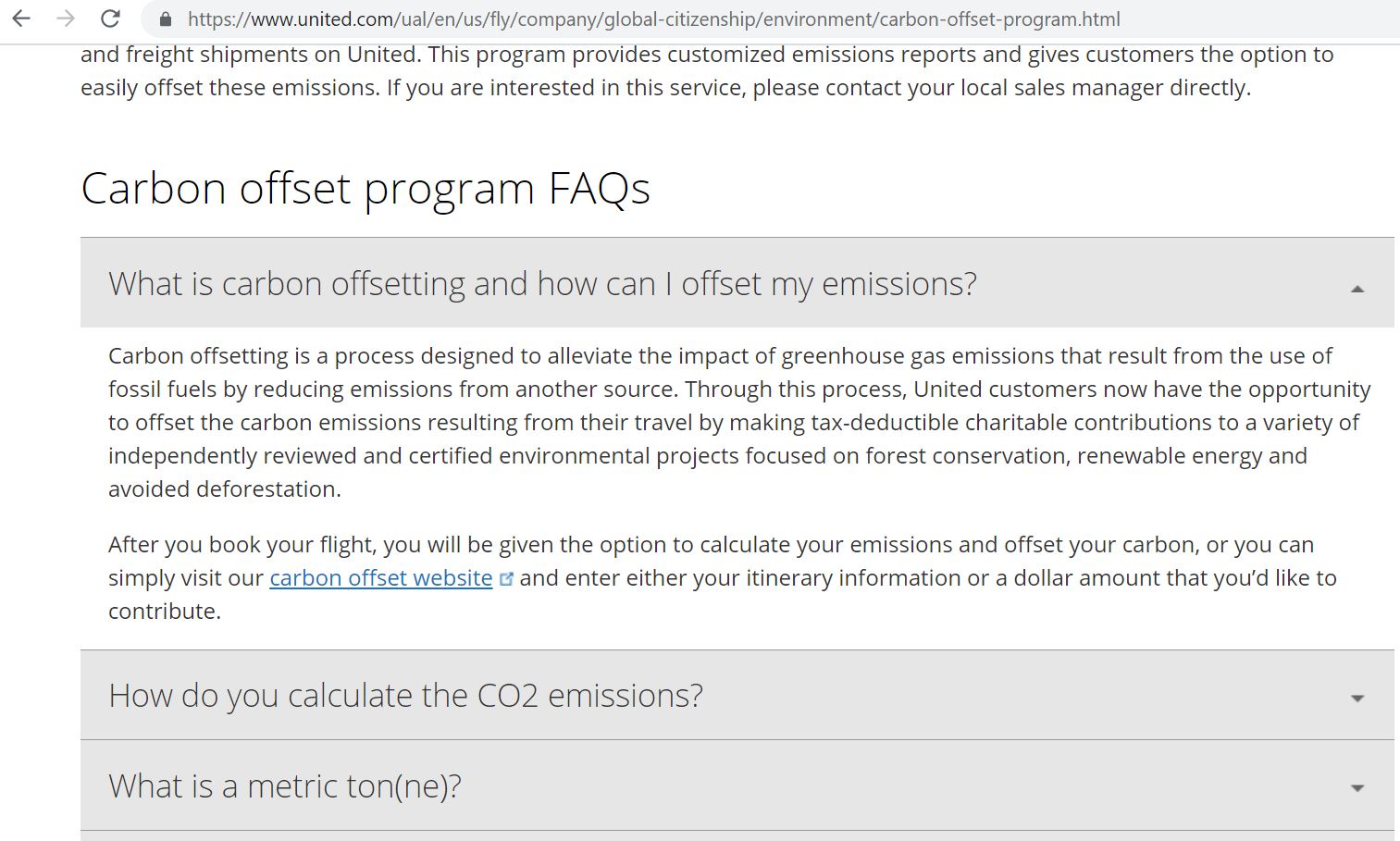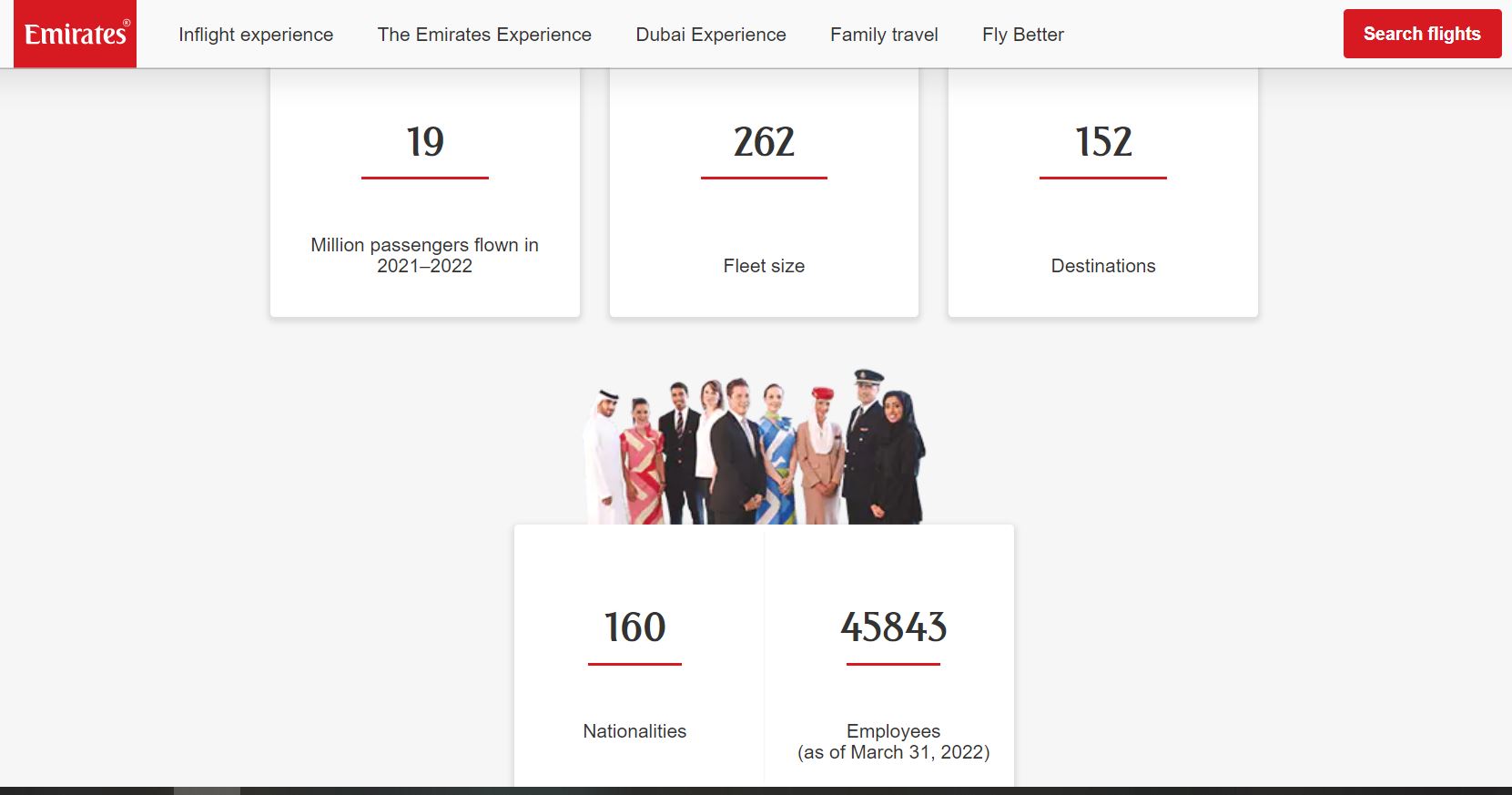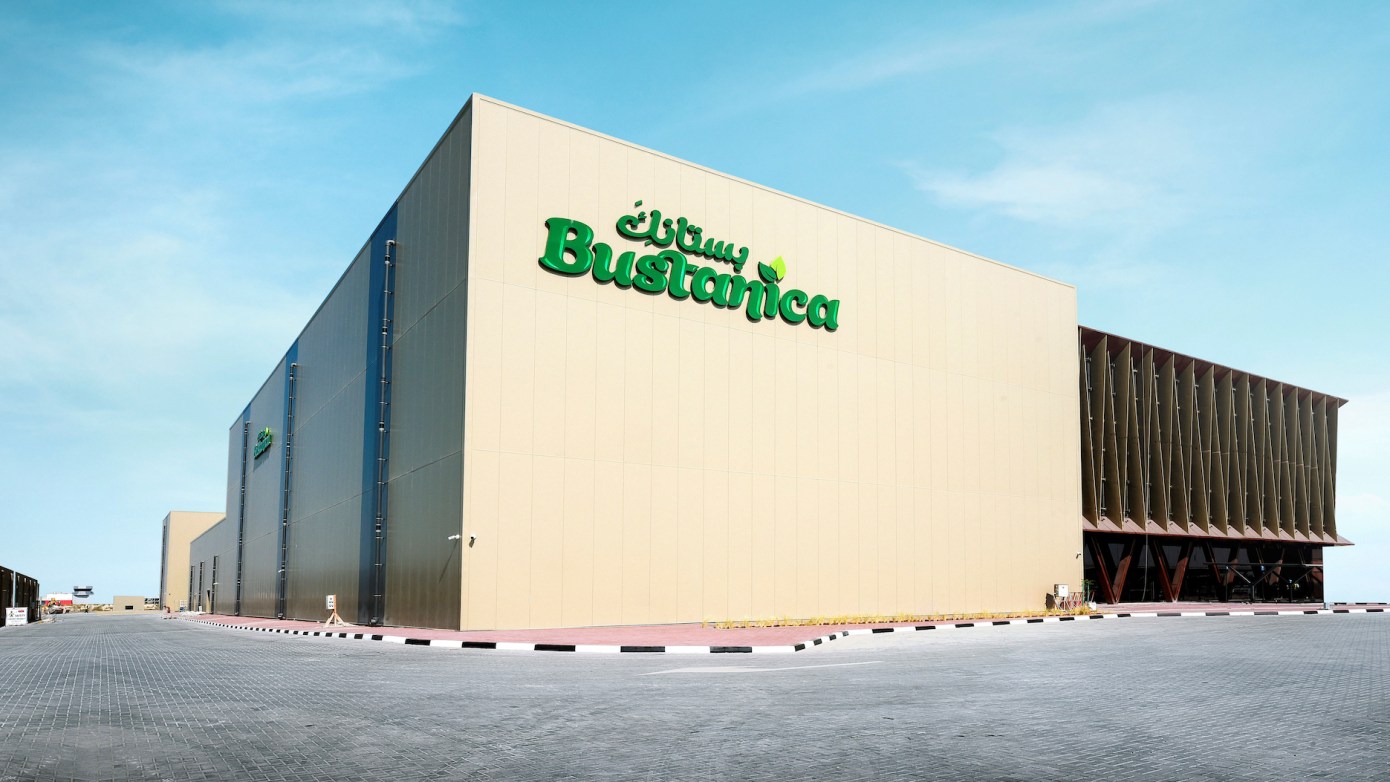Regardless of one’s opinion about the genesis of climate change, the phrase is regularly mentioned in many countries throughout the world. Is it just another expected phase in our planet’s history, or did the industrial revolution lay the groundwork for our mutual destruction? And to what extent are airplanes guilty for any possible environmental crisis?
For example, over the past few years, I’ve noticed more and more airlines offering the ability to “offset carbon emissions” when booking a flight. Here’s a slice from United Airlines:

If we really cared, we probably shouldn’t be flying — or even using the internet — at all. But the goal of this post isn’t to virtue signal — after all, wanderlust got me good — rather its to share some news about a new development involving Emirates and Dubai.

Serving 152 different airports around the world with a fleet of 262 aircraft (current as of 31 March 2022), Emirates and Dubai International Airport see no signs of slowing down. Much of their success is due to the airport (airport code DXB) being a massive international transit hub, owing mostly to Emirates (and its low-frills regional competitor flydubai).
Now, have you ever wondered if airlines at all pondered getting into farming? Think about it, countless mouths expect — but not required — to be fed, whether they’re flying from Dubai to Dallas, or Dubai to Doha.
On a daily basis.
With that in mind, Emirates Flight Catering, which actually serves more than 100 airlines, together with California-based Crop One Holdings, last week inaugurated the world’s largest vertical farm near Dubai’s 2nd-airport, Dubai Al Maktoum (DWC).

Hmm, what’s a vertical farm?
According to Science Focus, simply put, it’s stacking plants indoors on shelves or pillars. That’s it. In theory, you wouldn’t need pesticides, the space would be climate-controlled, and you wouldn’t even have to wash the greens before consumption … although I imagine there’s still some quality control before they’re loaded onto your flight?
Named “ECO 1,” Emirates’ vertical farm reportedly uses 95% less water than produce grown outside, and has made a guarantee of no less than three tons of greens per day. Your next bite of romaine, arugula, or spinach might have come from a 330, 000 square foot warehouse built in a desert in the United Arab Emirates. At a cost of approximately 40 million U.S. dollars, the plan was first presented in 2018.
Plus, locally grown generally has positive connotations, so there’s another feather in Emirates’ cap.
Not flying anytime soon? Look for the Bustanica brand in a variety of Emirati supermarkets.

Leave a Reply